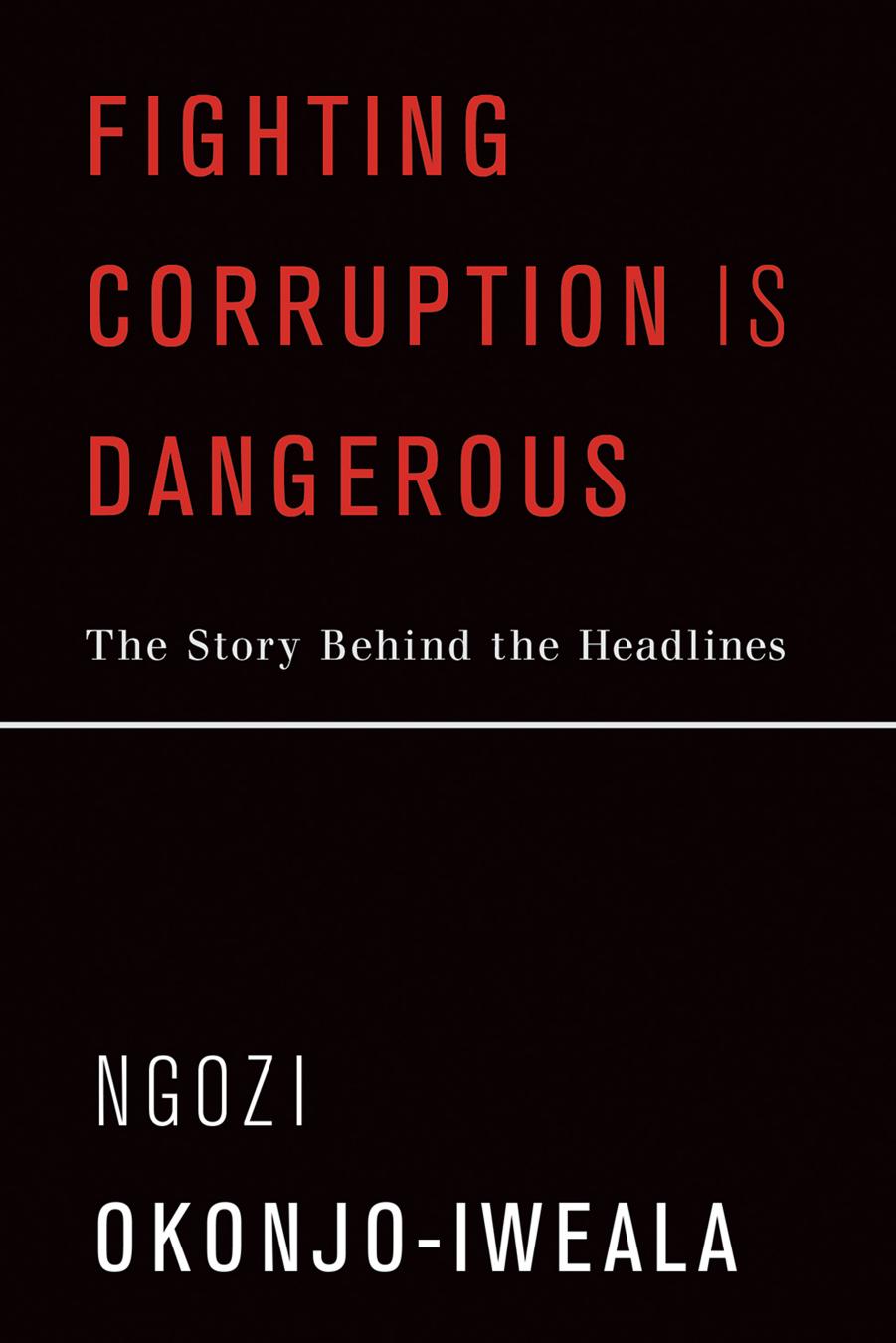Fighting Corruption Is Dangerous by Ngozi Okonjo-Iweala

Author:Ngozi Okonjo-Iweala
Language: eng
Format: epub, pdf
Tags: Nigeria; corruption; anti-corruption; economic development; development; finance minister; finance; Nigerian economy; Nigerian government; Goodluck Jonathan; 2011-2015; West Africa; Africa; African development; oil; embezzlement; pension scam; kidnapping; Chibok; Boko Haram; Kamene Okonjo
Publisher: The MIT Press
Published: 2018-05-15T04:00:00+00:00
Hon. Abdulmumin Jibrin was supported by the Speaker of the House, Hon. Aminu Tambuwal, who expressed frustration at the idea of using a lower benchmark oil price as a means of enabling the country to save more for a rainy day. Hon. Tambuwal declared “that he cannot rationalize why political appointees and civil servants are insisting that the revenue generated by the government should be saved for the future when several sectors are underfunded and crying for a lifeline” and that the “the Budget Office and Ministry of Finance are said to be the major problem of the government ministries, departments and agencies (MDAs) in carrying out their statutory responsibilities. The House was always in a friction with the Budget Office because it tinkers with the budget of the MDAs thus making them perform below expectation.”18 Hon. Tambuwal went on to say that “We are still dragging with the executive arm of government on the issue of oil benchmark. … How do you save money when you are hungry?”19
For the Finance Ministry, a $75 per barrel benchmark that was already $3 above what the Budget Office model forecast was fiscally loose but still manageable. But adding an additional $5 per barrel on top of that was fiscally irresponsible. We issued our own media statements and explanations so that the Nigerian public might understand why the $80 benchmark price was a bad idea. Channels Television covered this on October 15, 2012:
According to a statement from the minister’s aide, increasing the benchmark price to $80 would lead to an increase in liquidity, and be harmful for many of the Government’s macroeconomic forecasts. Based on our estimates, inflation rates would certainly rise significantly. The exchange rate would come under severe pressure, leading to a depreciation of the ₦. High inflation would result in higher interest rates. A combination of high inflation, interest rates, and an unstable exchange rate is bad for economic planning both for government and for private businesses. Overall, we know that macroeconomic volatility is bad for growth. Second, the legislature’s proposal is premised on an overly optimistic outlook of global oil prices. The current world oil price is not based on actual economic fundamentals, but rather on uncertainties due to conflict in the Middle East. Nigeria cannot base its plan simply on the expected misfortune of others! Third, in our view, current global oil prices are not sustainable. There are two reasons for this: (a) possible reduction in global oil demand, due to recession in the Eurozone, low growth in the US, and economic slowdown in China and India; b) increased global oil supply as new discoveries in Africa and elsewhere come on stream. In addition, with the end of the Libyan crisis, approximately 1.6 mil barrels per day would be returned to the world market. Fourth, the legislature’s proposal would result in much lower savings in the ECA [Excess Crude Account]. To be precise, it would deny the ECA of significant additional inflow. These savings are necessary to cushion
Download
Fighting Corruption Is Dangerous by Ngozi Okonjo-Iweala.pdf
This site does not store any files on its server. We only index and link to content provided by other sites. Please contact the content providers to delete copyright contents if any and email us, we'll remove relevant links or contents immediately.
International Integration of the Brazilian Economy by Elias C. Grivoyannis(107846)
The Radium Girls by Kate Moore(12012)
Turbulence by E. J. Noyes(8015)
Nudge - Improving Decisions about Health, Wealth, and Happiness by Thaler Sunstein(7689)
The Black Swan by Nassim Nicholas Taleb(7097)
Rich Dad Poor Dad by Robert T. Kiyosaki(6596)
Pioneering Portfolio Management by David F. Swensen(6280)
Man-made Catastrophes and Risk Information Concealment by Dmitry Chernov & Didier Sornette(6001)
Zero to One by Peter Thiel(5782)
Secrecy World by Jake Bernstein(4736)
Millionaire: The Philanderer, Gambler, and Duelist Who Invented Modern Finance by Janet Gleeson(4457)
The Age of Surveillance Capitalism by Shoshana Zuboff(4272)
Skin in the Game by Nassim Nicholas Taleb(4232)
The Money Culture by Michael Lewis(4186)
Bullshit Jobs by David Graeber(4177)
Skin in the Game: Hidden Asymmetries in Daily Life by Nassim Nicholas Taleb(3986)
The Dhandho Investor by Mohnish Pabrai(3750)
The Wisdom of Finance by Mihir Desai(3726)
Blockchain Basics by Daniel Drescher(3571)
